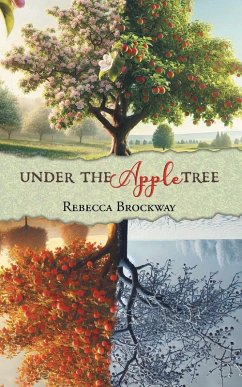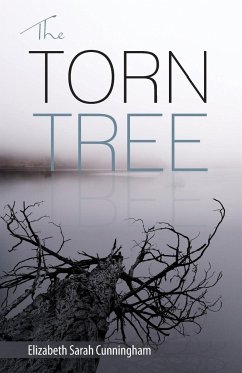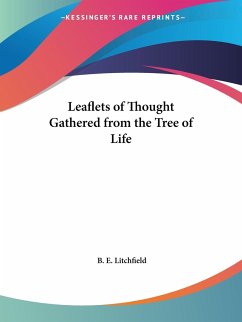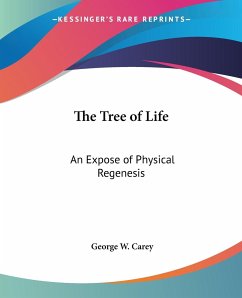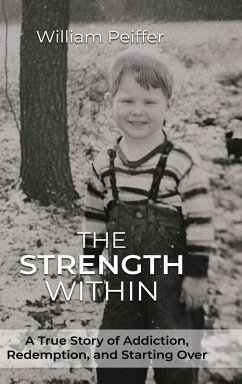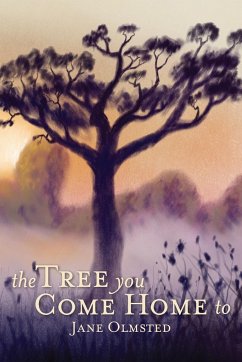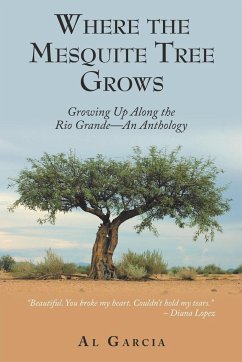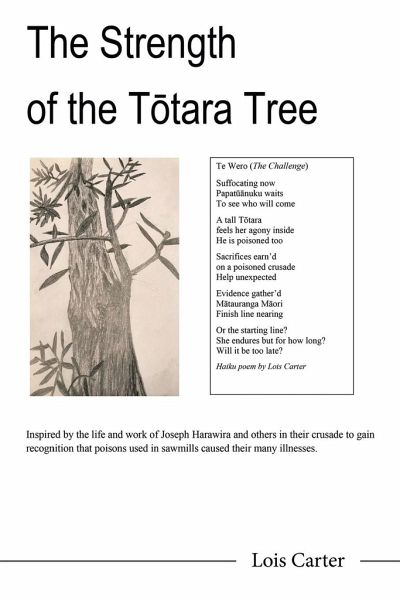
The Strength of the Ttara Tree

PAYBACK Punkte
9 °P sammeln!
He considered himself an ordinary, uneducated Mori man but Joseph Harawira, QSM, was a tireless worker who became spokesperson for an organisation called SWAP (Sawmill Workers Against Poisons). SWAP relentlessly presented their evidence to authorities, for work place poisoning causing ill health, for thirty years until those authorities finally listened. Post-colonial New Zealand had seen huge developments in industry and farming alongside extensive use of toxic chemicals in forestry, polluting the land, waterways and poisoning people. Joe mainly worked at the Whakatne sawmill between 1963 and...
He considered himself an ordinary, uneducated Mori man but Joseph Harawira, QSM, was a tireless worker who became spokesperson for an organisation called SWAP (Sawmill Workers Against Poisons). SWAP relentlessly presented their evidence to authorities, for work place poisoning causing ill health, for thirty years until those authorities finally listened. Post-colonial New Zealand had seen huge developments in industry and farming alongside extensive use of toxic chemicals in forestry, polluting the land, waterways and poisoning people. Joe mainly worked at the Whakatne sawmill between 1963 and 1992. The two main chemicals of concern were PCP (pentachlorophenol) and dioxin. Still working and in declining health, Joe had been looking for the 'right' person to record his journey. A series of unexpected events led to his choice of author, a retired Pkeh woman, a stranger with a Master's degree, with whose partner he had recently reconnected through work. Joe grieved the loss of mentorship by Mori elders which left some Mori men feeling disconnected, sometimes resulting in violence, suicide or gang affiliation. He blamed some of this on poisons and understood there were also other factors. He wanted today's young men to see that they too could believe in something, educate themselves and gain respect through their efforts. Joe felt keenly that even though there was some recognition of chemical poisoning in male sawmill workers, women cleaners and wives who dealt with contaminated clothing and gardens were, and still are, ignored by authorities. Ironically, sawmill work was not his first choice but events conspired to place him in a position where he could be spokesperson for the important issue: chemical poisoning of the land and of the people.





